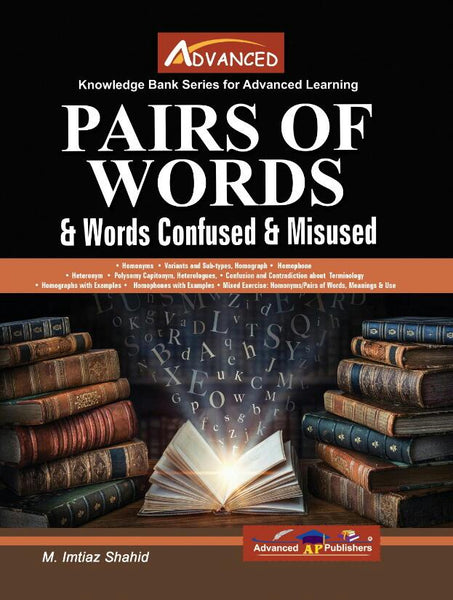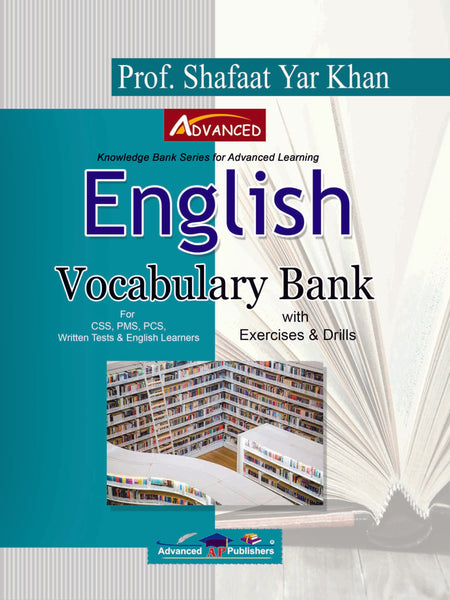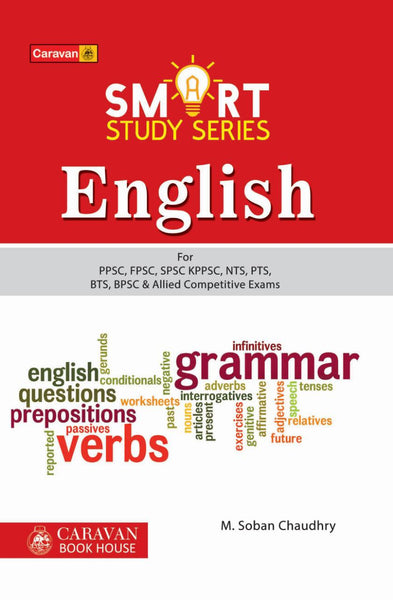KM Excellent Guide – Literary Criticism by Kitab Mahal
- Publisher: Kitab Mahal (Pvt) Ltd , KM
- Availability: In Stock
- SKU: 55870
Rs.360.00
Rs.450.00
Tags: Aesthetic Distance , Aristotle , Authorial Intent , Binary Opposition , BS , BS English , Critical Studies , Critical Concepts , Critical Theory , Critical Thinking , English , English fiction , Feminist Criticism , Formalism , Intertextuality , Kitab Mahal , Kitab Mahal (Pvt) Ltd , KM , KM Excellent Guide , Literary Analysis , Literary Criticism Applications , Literary Terms , Literary Texts , Literary Theory , Literary Theory in Practice , Literature Analysis , Literature Studies , Marxist Criticism , Marxist Theory , Post-Structuralism , Postcolonial Criticism , Postmodernism , Psychoanalysis in Literature , Psychoanalytic Criticism , Reader-Response Criticism , Romantic Criticism , T.S. Eliot , Text , Urdu Tarjama , With Urdu Translation
The KM Excellent Guide – Literary Criticism by Kitab Mahal is a comprehensive resource designed to aid students in understanding the theory and practice of literary criticism. It covers a broad spectrum of critical approaches, from classical to contemporary theories. This guide is structured to align with university syllabi, providing in-depth explanations of major critical movements, key theorists, and essential concepts. It is a valuable tool for BS English students, offering both theoretical insights and practical applications in analyzing literary texts.
Key Points
-
Introduction to Literary Criticism
- Literary criticism involves the analysis, interpretation, and evaluation of literary works. It encompasses various schools of thought and methodologies.
- The purpose of literary criticism is to enhance understanding, explore the deeper meanings in texts, and evaluate their artistic, cultural, and intellectual value.
-
Major Critical Theories and Movements
- Classical Criticism: Focuses on the works of ancient critics like Aristotle, who emphasizes the importance of catharsis in tragedy and the elements of plot.
- Romantic Criticism: Promotes the emotional and individual aspects of art, stressing imagination and the sublime, as seen in the works of Coleridge and Wordsworth.
- Formalism: Advocates for an analysis focused solely on the structure, language, and form of a text, rather than external factors like author intention or social context.
- Marxist Criticism: Views literature through the lens of class struggle, focusing on the relationship between literature and socio-economic conditions, as seen in the works of Karl Marx and Georg Lukács.
- Psychoanalytic Criticism: Based on the theories of Freud and Jung, this approach delves into the unconscious desires and psychological aspects of characters and authors.
- Feminist Criticism: Examines how literature reflects, reinforces, or challenges gender inequalities, often focusing on women's voices, roles, and representations.
- Post-Structuralism: Challenges traditional notions of meaning, arguing that texts are unstable and meaning is subjective, as proposed by Derrida and Foucault.
- Postcolonial Criticism: Focuses on the impact of colonization and imperialism, exploring the cultural tensions and legacies in literature from colonized nations.
-
Key Literary Critics and Theorists
- Aristotle: His work Poetics is the foundation of classical criticism, focusing on the elements of tragedy, plot, character, and catharsis.
- T.S. Eliot: Advocated for the objective approach to literature and the importance of tradition in shaping new works.
- Sigmund Freud: His psychoanalytic theory has had a profound impact on literary criticism, offering insights into the unconscious motivations of characters.
- Karl Marx: Introduced the idea that literature is a reflection of class struggles and economic conditions, advocating for a materialist interpretation of texts.
- Simone de Beauvoir: A key figure in feminist theory, she explored the representation of women in literature and their social roles.
-
Critical Concepts and Terms
- Aesthetic Distance: The separation between a work of art and the emotional or psychological response it evokes in the audience.
- Binary Opposition: A concept from structuralism that suggests meaning is created through the relationship between opposing terms, such as good/evil or man/woman.
- Intertextuality: The relationship between different texts and how they influence and reference each other, as explored by Julia Kristeva.
- Ideology: The set of beliefs and values embedded in a literary work, which can reflect social, political, or economic power structures.
- Reader-Response Criticism: Focuses on the reader's role in creating meaning, emphasizing individual interpretations of a text.
-
Application of Literary Criticism
- Literary criticism is not just theoretical; it has practical applications for students and scholars to engage with literature in a deeper way.
- Criticizing a text through various lenses—such as Marxist, feminist, or psychoanalytic—allows for multiple interpretations and enhances our understanding of the text’s deeper messages.
- The KM Excellent Guide encourages students to approach texts from different critical perspectives, providing exercises and examples to practice these theories.
════ ⋆★⋆ ═══
Publishers ✤ Kitab Mahal (Pvt) Ltd , KM

























